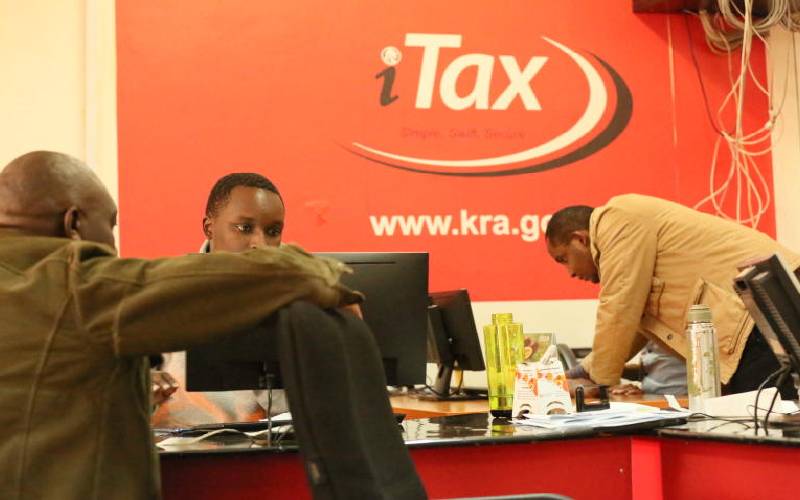
Kenyans will troop to the elections next year. Political temperatures will therefore undoubtedly rise. If the past is any guide, airwaves will be consumed by politics. This can easily take the focus away from the most important issue at the moment – economic recovery. At the heart of this economic recovery are tax rates. While tax injects money into government coffers, it extracts that money from the pockets of businesses and individuals. That’s why every single nation across the world struggles with striking the right tax balance.







